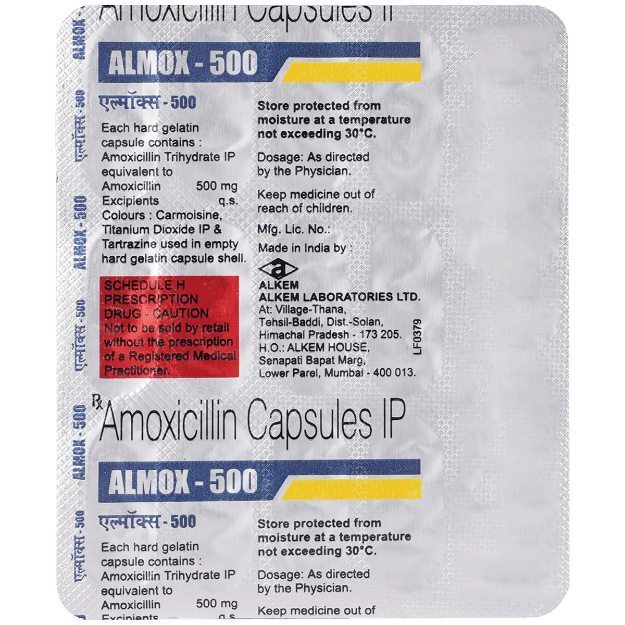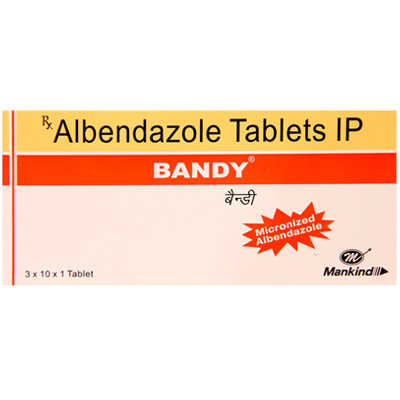Labchlor is a commercial drug that is prescribed in the form of Injection,Capsule. It is primarily used for the treatment of Bacterial Infections. Other than this, Labchlor has some other therapeutic uses, which have been discussed ahead.
The optimal dosage of Labchlor is largely dependent on the individual's body weight, medical history, gender and age. Dosage also depends on the route of administration and your chief complaint for which the drug is prescribed. For detailed information on this, read through the dosage section.
Some other side effects of Labchlor have been listed ahead. Usually, these side effects of Labchlor go away soon, and do not persist beyond the duration of the treatment. Please speak with your doctor if these side effects worsen or persist for a longer duration.
Labchlor 's effect during pregnancy is Severe and Severe while nursing. It is important to know if Labchlor has any effect on the kidney, liver and heart. Information on such adverse effects, if any, has been given in the Labchlor related warnings section.
Labchlor is contraindicated in people with pre-existing medical conditions like Kidney Disease, Liver Disease as it can result in adverse effects. Other contraindications of Labchlor have been discussed in the sections ahead.
Additionally, Labchlor may also adversely react with other medicines. A complete list of these interactions is given below.
Along with the above-mentioned precautions, remember that taking Labchlor is considered safe while driving, and is addictive.
X


























